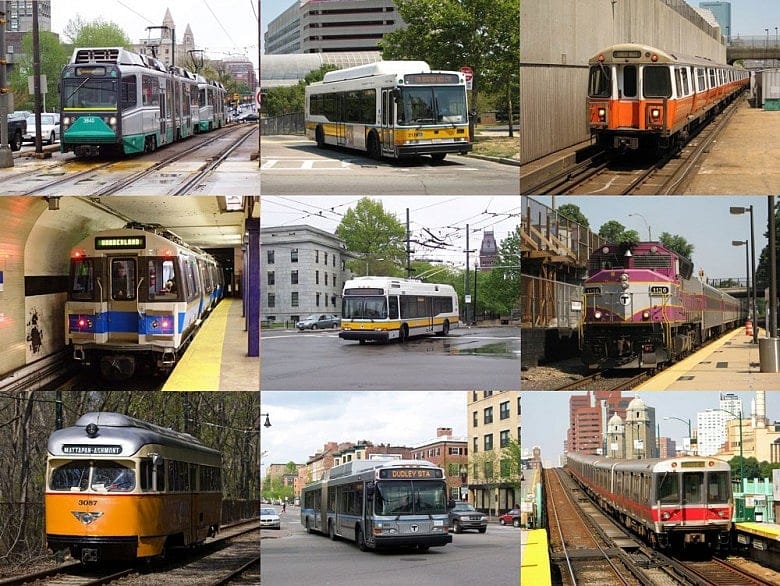T offers incentives to white-collar workers to cut deficit

BOSTON – The Massachusetts Bay Transportation Authority is reportedly offering retirement incentives to hundreds of administrative employees to shave $30 million to $36 million from the projected deficit in fiscal 2017.
The program would not offer early retirement, but would rather provide an incentive as about 1,000 of the roughly 6,500 MBTA employees are eligible to start collecting pensions – meeting the requisite 23 years of service and 55 years of age, according to Brian Shortsleeve, the transit system's chief administrator.

